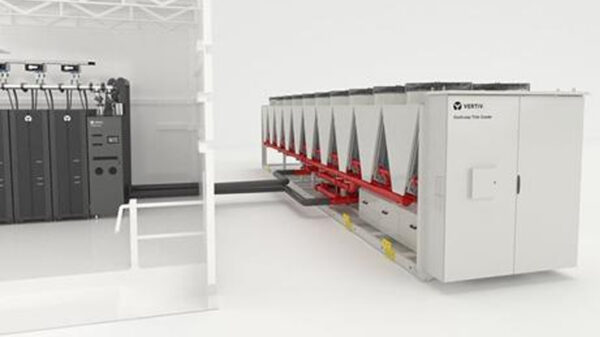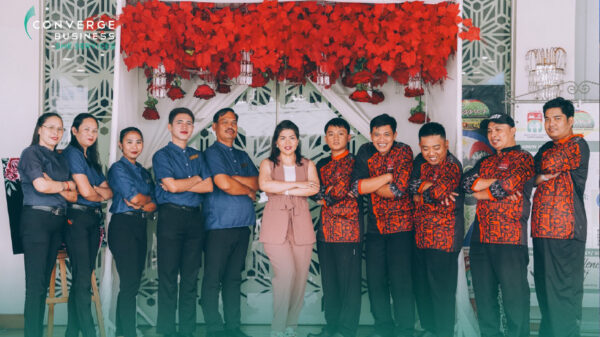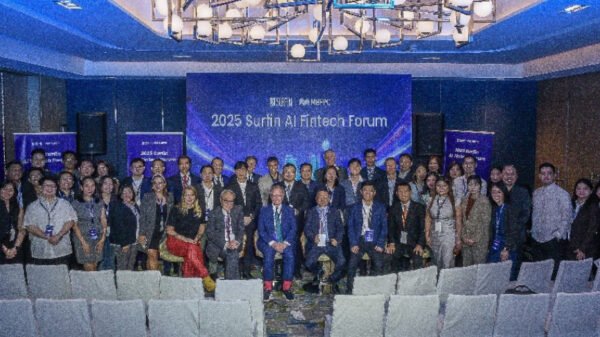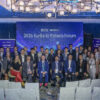Kaspersky has become a shareholder of Motive Neuromorphic Technologies, a company specializing in neuromorphic computing technologies, with a 15% stake. The organizations’ joint development efforts are aimed at creating new opportunities for machine learning-based solutions: self-learning systems and smart devices of the future.
In 2019, Kaspersky concluded a cooperation agreement with Motive NT, joining it in the development of the Altai neuromorphic processor, which accelerates the hardware of systems using Machine Learning. During the partnership, the companies’ specialists together produced their first batch of neuromorphic processors, developed a software package for them, and successfully confirmed their performance on measures of speed and energy efficiency through experimentation.
The companies are currently working on developing a second version of the neuromorphic processor, as well as searching for technological partners to establish joint pilot projects using the Altai neurochip.
The release of the Altai neurochip to the market will make neural network training technologies more efficient and accessible for a wide range of devices by significantly reducing energy costs. Unlike classic processors, neuromorphic ones do not need to access and extract from memory (or registers) because all the information is already stored in artificial neurons. This makes it possible to process big data without the need for additional computing power on end devices. Testing has shown that the Altai processor consumes nearly 1000 times less energy than traditional graphics accelerators (GPUs), which are widely used today.
“With over two and a half years of joint work behind this project, we have made significant progress, and are now seeing great potential in Russia and on a global stage. According to various estimations, the market for neuromorphic chips could exceed $7.5 billion by 2025. Our investment in Motive NT and role as a shareholder highlights Kaspersky’s visionary ambitions and our commitment to uncovering new perspectives in various technological areas, including those outsides of the traditional cybersecurity sphere,” comments Andrey Doukhvalov, VP, Future Technologies at Kaspersky.
“We are now going through the first round of investments and intend to increase our share in the coming years. For Kaspersky, access to these neuromorphic technologies paves the way for a global technology ecosystem. In the future, we will add hardware solutions based on neuromorphic processors to our proprietary operating system, KasperskyOS – a full set of software for countering cyberthreats, as well as the MyOffice suite,” adds Doukhalov.
“Neuromorphic processors’ field of application is an acceleration of the hardware used in the latest generation of artificial intelligence systems, which are based on spiking neural networks (SNN) training. This approach is more akin to biological interactions – whereas, traditionally, artificial neural networks (ANN) exchange numbers – neuromorphic processors enable them to operate like biological neurons, communicating through spikes.” explains Alexey Romanov, CEO of Motive NT.
“This approach opens opportunities for the creation of extremely energy-efficient solutions. These processors will be in demand in such areas as the Internet of Things (IoT), robotics, unmanned vehicles, AR projects, cyber-physical security systems, face recognition, and intelligent processing of big data. These solutions can also be embedded in vision and speech recognition systems. The development of this technology could very well stimulate the emergence of completely new devices and technologies, because of its adaptability and the new generation of training algorithms it brings,” says Romanov.












































































































